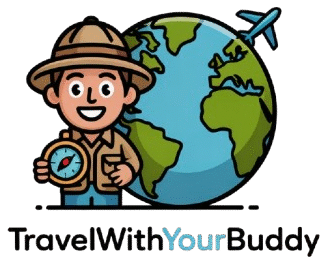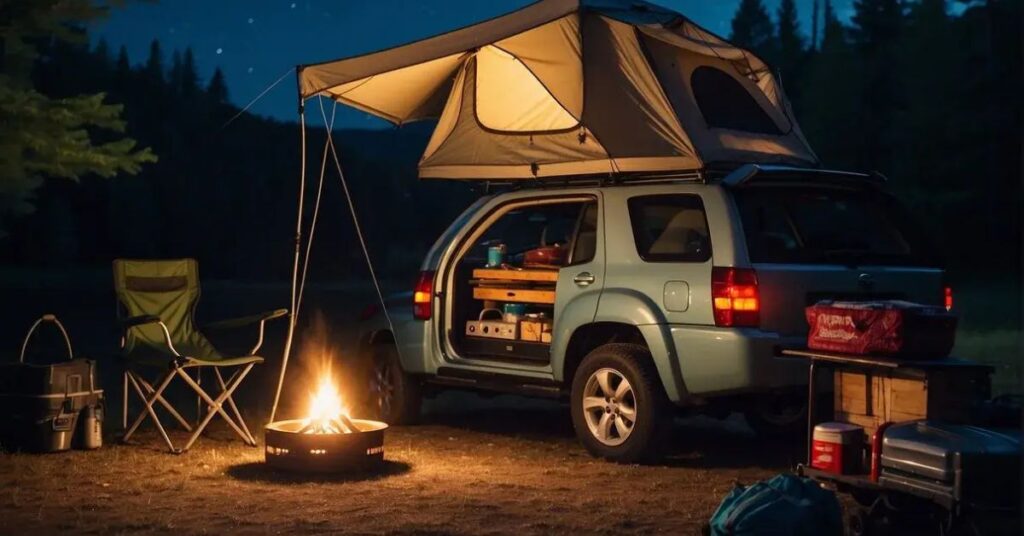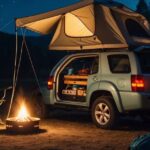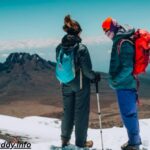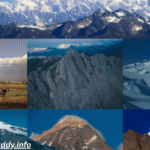Car camping is one of the most liberating ways to explore the outdoors. Whether you’re pulling into a national park campsite, stealth camping in a quiet parking lot, or heading deep into public lands, the beauty of car camping lies in its flexibility. But as freeing as it is, packing for your first trip can be overwhelming.
I’ve spent countless nights sleeping in my car, sometimes under the stars in remote landscapes, and other times sandwiched between semi-trucks at a highway rest stop. Over time, I’ve figured out exactly what’s essential, what’s optional, and what you should leave at home. This guide will walk you through the must-have car camping essentials based on real experience, so you can pack smarter, travel farther, and sleep better on the road.
What Is Car Camping, Exactly?
Car camping can mean different things to different travelers. It may involve parking at a developed campsite and sleeping in a tent next to your car, or it could mean sleeping inside your vehicle in places like Walmart lots, BLM land, or forest roads.
The main appeal? You get to bring heavier gear, skip the backpack, and have your car double as your home base. No two car camping experiences are the same and that’s what makes it such a rewarding style of travel.
Know Your Car Camping Style
Campsite Car Camping
Ideal for first-timers, national park visitors, or families. These sites often have picnic tables, fire rings, and restrooms nearby.
Stealth Camping
Sleeping in your car in urban areas or public parking lots. Prioritizes privacy and minimal visibility.
Off-Grid or BLM Camping
For the adventurous, this means remote campsites with zero facilities. You’ll need to be fully self-sufficient.
Quick Car Camping Essentials Checklist
| Category | Essentials |
| Sleeping | Mattress/pad, pillow, blanket or sleeping bag, blackout shades |
| Cooking | Stove, utensils, cooler, reusable water bottle, food storage |
| Hygiene | Wet wipes, toothbrush, rinse kit, biodegradable soap |
| Power & Light | Portable battery, lantern, flashlight |
| Safety | First aid kit, tire repair tools, paper maps, pepper spray |
| Extras | Storage bins, folding table, camping chair |
Bedding & Sleep: Your Mobile Bedroom
A good night’s sleep can make or break your car camping experience.
- Sleeping Pad or Mattress: Memory foam toppers work well in SUVs, while air mattresses are great for flatter setups.
- Blankets & Sleeping Bags: Bring both a warm sleeping bag (for 30°F or below) and a lightweight blanket for warmer nights.
- Pillows: Don’t skimp—real pillows are a game changer.
- Blackout Shades or Curtains: Essential for privacy and keeping out morning light.
- Window Vent Mesh: Keeps air circulating without letting bugs in.
Cooking on the Road: Gear That Works
Cooking while car camping can be as simple or gourmet as you make it.
- Jetboil or Single Burner Stove: Fast, compact, and ideal for boiling water or reheating food.
- Portable Cooler: A hard-sided cooler like the Yeti or any 24L compact version will do the job.
- Utensils Kit: Forks, spoons, small cutting board, and lightweight pot or pan.
- Electric Kettle (Optional): Useful if you have a portable power station.
- Reusable Water Bottle & Jug: Bring a 5–10L water jug for refills at campsites.
Easy Meals for Car Campers
Skip the stress and prep with these quick meal ideas:
- Instant oats or overnight oats
- Pre-made burritos wrapped in foil
- Cup noodles or dehydrated soup packs
- Tuna kits or canned chili
- Pre-cooked rice packs + curry
Hygiene: Staying Clean Without Showers
Showers may be rare, but staying fresh is still possible.
- Rinse Kit or Solar Shower: Use for quick rinses, hand washing, or brushing teeth.
- Deodorant Wipes & Dry Shampoo: Your best friends when showers are days away.
- Eco Toiletries: Biodegradable soap, bamboo toothbrush, and multi-purpose lotion.
- Bathroom Basics: Keep a small trowel and TP or a pee bottle for emergencies.
Power & Lighting: Off-Grid But Connected
- Jackery or Portable Battery: Charge phones, camera, or laptop multiple times.
- USB LED Lights or Lanterns: Compact, long-lasting, and perfect for inside the car.
- Solar Panel (Optional): Only useful if you stay put with consistent sunlight.
Car Camping Safety Must-Haves
You may never need them but if you do, you’ll be grateful you packed:
- AAA or roadside assistance membership
- Tire repair kit + jumper cables
- Offline Google Maps or paper map
- Pepper spray, first aid kit
- Headlamp or flashlight with extra batteries
Smart Storage & Organization Tips
Staying organized saves time and frustration.
- Use clear plastic bins to separate food, clothes, and gear.
- Keep daily essentials in a small go-bag for fast access.
- Store shoes in a soft crate near the car door.
- Pack a folding table and camping chair for full setups.
Sample Car Camping Setups
- Minimalist Setup (1-night trip)
- Jetboil, sleeping bag, pillow, wipes, snacks
- Full Weekend Setup
- Mattress, stove + pan, cooler, rinse kit, portable power, table/chair
- Stealth Urban Setup
- Blackout shades, electric kettle, sleeping pad, quiet fan, dim LED lights
FAQ’s
Do I need a tent to car camp?
No. You can sleep entirely inside your vehicle, especially in SUVs or hatchbacks.
Can I car camp in cold weather?
Yes, with the right sleeping bag, insulated window covers, and a good mattress.
Is it legal to car camp anywhere?
No. Stick to legal parking zones, national forest roads, or designated campgrounds.
What’s the best vehicle for car camping?
SUVs, minivans, and wagons are ideal. Sedans work with compact setups.
Final Thoughts: Pack Smart, Camp Free
The best part of car camping is the freedom to go wherever the road takes you, without sacrificing comfort or blowing your budget. Focus on the essentials that suit your camping style, and don’t overpack. Your first few nights might be an experiment, but you’ll soon build your perfect system.
Whether you’re camping under the stars or sleeping at a quiet trailhead, these essentials will help you stay prepared, comfortable, and excited for your next adventure.

I’m Freya Collins, an experienced travel writer passionate about helping others explore the world. At TravelWithYourBuddy.info, I share practical tips, guides, and insights from my journeys to inspire confident and meaningful adventures.
